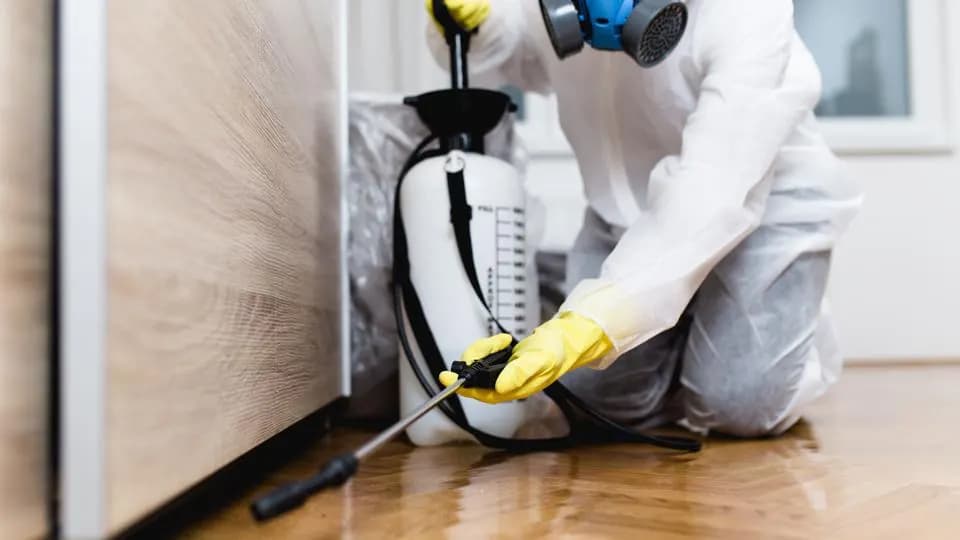A conservatorship is a legal concept in the United States where a judge appoints a responsible person or organization (called the “conservator”) to care for another adult who cannot care for themselves or manage their finances (called the “conservatee”). Conservatorships are an alternative to guardianships for adults, allowing for limited oversight of a person rather than full removal of rights.
When is a Conservatorship Appropriate?
There are a few key situations where a conservatorship may be appropriate for an adult:
Debilitating Medical Conditions
If an adult has a serious medical condition that makes them unable to make sound decisions or care for themselves, a conservatorship allows someone else to step in on their behalf. Common examples include dementia, traumatic brain injuries, and persistent vegetative states. The conservator can make medical and financial choices for the conservatee.
Severe Mental Illness
Adults with severe psychiatric disorders like schizophrenia or bipolar disorder may be unable to consistently provide food, clothing, and shelter for themselves. A conservatorship can provide basic oversight to keep the mentally ill person safe and healthy.
Developmental Disabilities
Adults with severe developmental disabilities that impair decision-making, like Down syndrome or autism, may benefit from a conservatorship. A conservator can help the disabled adult with daily living tasks and managing finances.
Substance Abuse
Those battling long-term addiction issues that seriously interfere with their ability to function may need a conservatorship. The conservator can coordinate treatment and handle finances to protect the addicted person.
How Does a Conservatorship Get Established?
The conservatorship process starts with someone filing a petition, usually a family member or close friend concerned about the adult. The petition is filed in the probate court in the county where the proposed conservatee lives.
The court will then appoint a lawyer to represent the proposed conservatee and investigate whether conservatorship is truly needed. There is a court hearing where the judge hears from all sides. If the judge agrees conservatorship is appropriate, the conservator is officially appointed.
Conservatorships should be the least restrictive option possible. Judges try to preserve as much of the conservatee’s independence as is safe.
What Powers Does a Conservator Have?
A conservator is given certain powers depending on the individual case. Typical powers a conservator may have include:
- Managing finances – paying bills, making investments, etc.
- Making medical decisions and consenting to treatments
- Arranging housing and other living needs
- Arranging services like food, transportation, home health care
- Handling government benefits like disability payments
- Making decisions on daily activities and social life
However, the conservatee keeps all rights and powers not expressly given to the conservator. The goal is to give the conservator necessary oversight while respecting the conservatee’s autonomy.
How is a Conservatorship Ended?
Conservatorships should end when the conservatee no longer needs the conservator’s oversight. However, the conservator usually has to petition the court to terminate the conservatorship. This requires evidence the conservatee can handle their affairs again.
Conservatorships can also end if the conservator resigns or becomes incapacitated. The courts must then appoint a new conservator. Finally, if the conservatee passes away, the conservatorship immediately ends.
Some conservatorships are temporary from the start, such as those for substance abusers in rehabilitation. Others can last for years depending on the conservatee’s condition. Courts review these arrangements periodically to see if they should continue.
What Makes a Good Conservator?
Serving as a conservator involves serious responsibility. Here are some key qualities of an ethical, effective conservator:
- Trustworthiness – A conservator must keep careful financial records and always act in the conservatee’s best interest. They should have a close, caring bond with the conservatee.
- Organization – A conservator must juggle many tasks, appointments, and records. Being organized is essential.
- Patience – Caring for a disabled adult can be challenging. A good conservator has patience and compassion.
- Resourcefulness – Finding services, benefits and healthcare for a conservatee requires creativity and resourcefulness.
- Communication – A conservator needs to connect regularly with the conservatee, their doctors, lawyers, and family members. Good communication skills are key.
The right conservator can greatly improve the quality of life for someone who cannot care for themselves. Appointing a trusted, responsible person as conservator is critical.
5 Key Conservatorship FAQs
Q: Can a conservatorship be fought or opposed?
A: Yes, the proposed conservatee can challenge the conservatorship in court, arguing they can still make their own decisions. Judges may require added evidence of incompetence before approving contested cases.
Q: Who pays the conservator?
A: Payment depends on the case. Sometimes the conservator handles finances, paying themselves out of the conservatee’s estate. Other times family members of the conservatee pay the conservator.
Q: What resources help conservators?
A: Many nonprofits and government agencies assist conservators in navigating their duties. Adult Protective Services guides conservatorships in most states.
Q: Can a conservator make a will for a conservatee?
A: No, conservators cannot create or change a conservatee’s will without express court approval. Conservatees retain the right to control inheritance.
Q: How are conservatorships monitored?
A: Courts require regular accountings from conservators on the conservatee’s finances and care. This ensures conservators are acting responsibly.
Conclusion
Conservatorships allow trusted individuals to care for adults who cannot meet their own basic needs. While conservatorships limit some freedoms, they aim to assist the disabled or ill while preserving their rights and dignity. Establishing conservatorships is complex and requires careful court oversight. But quality conservatorships truly improve lives and provide critical support when people need it most.





